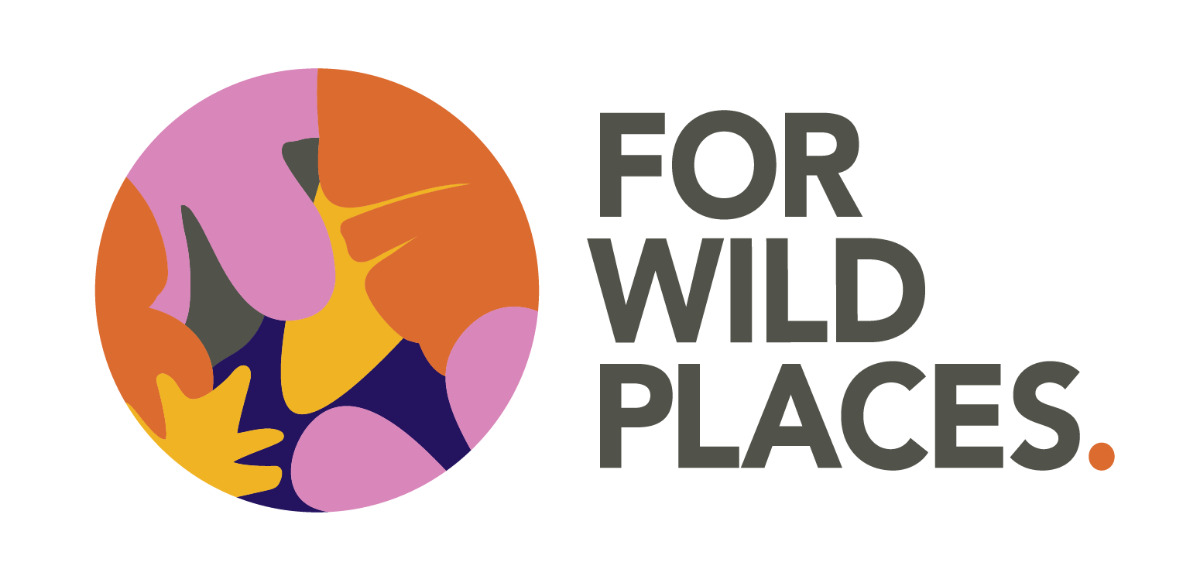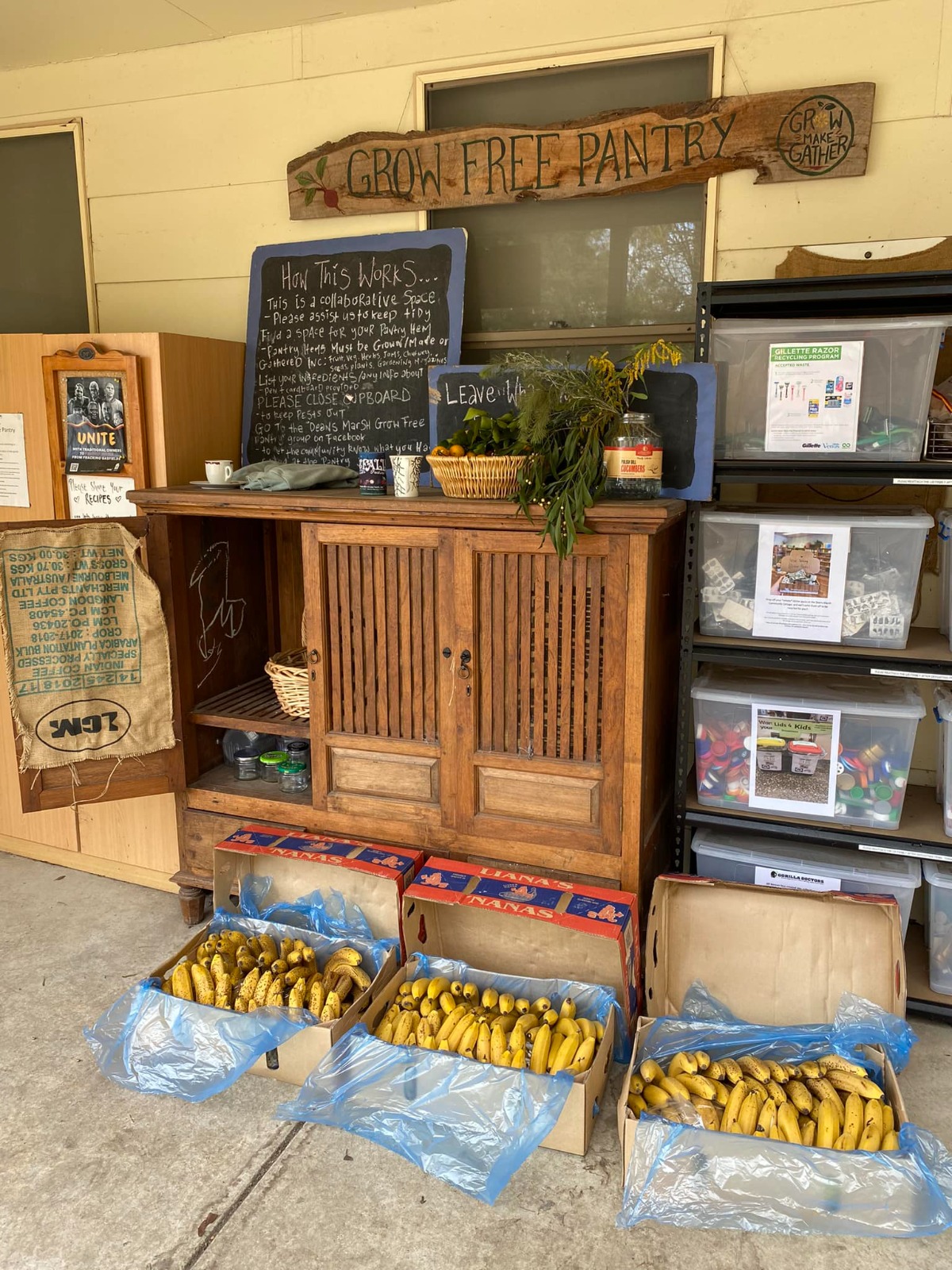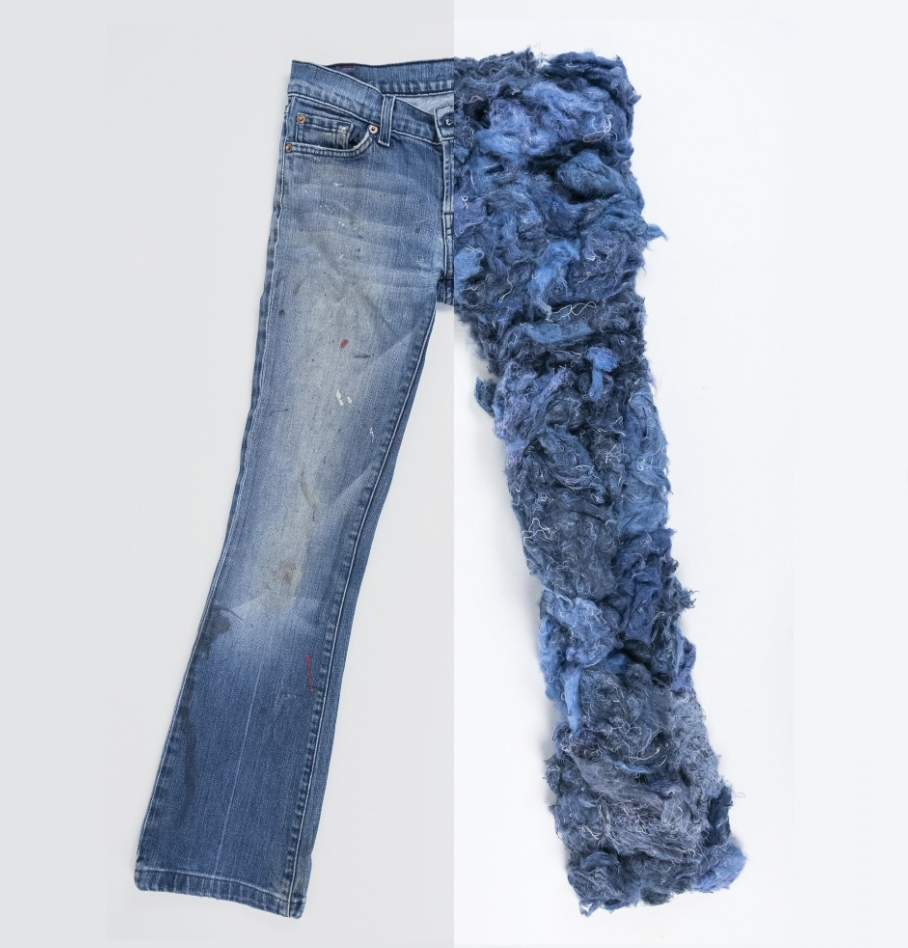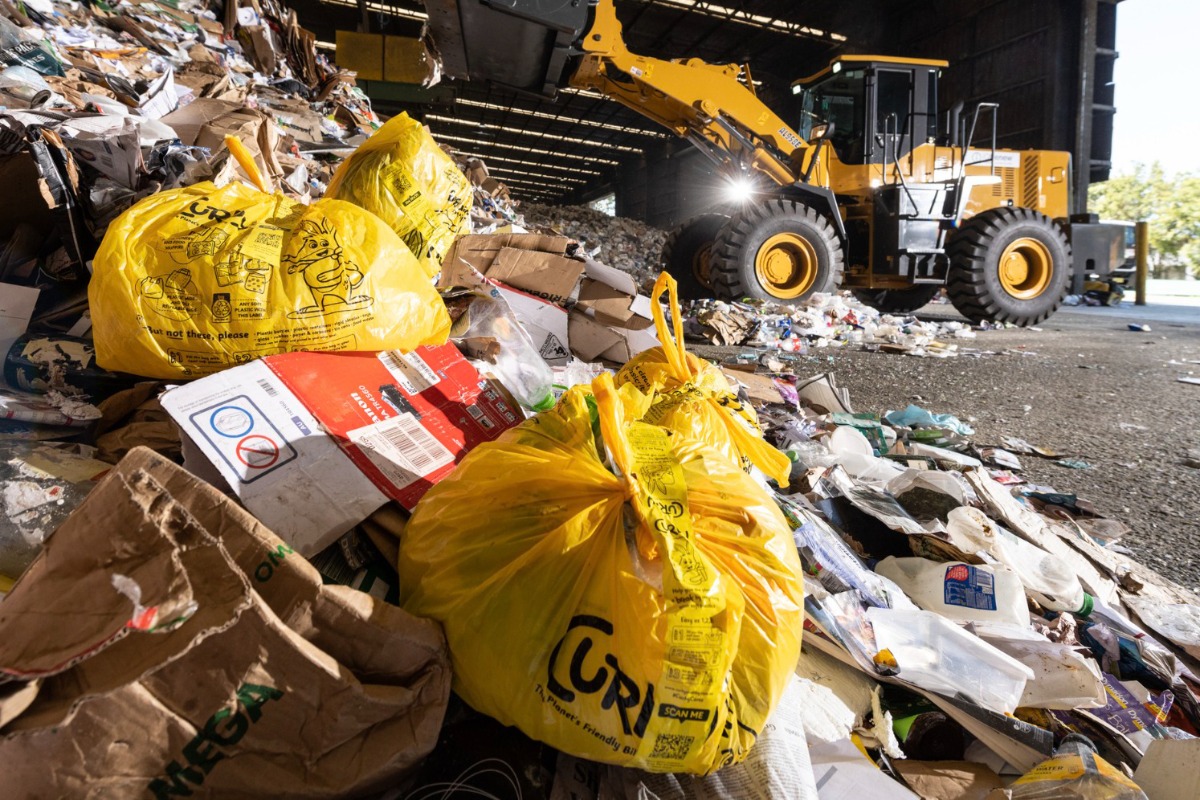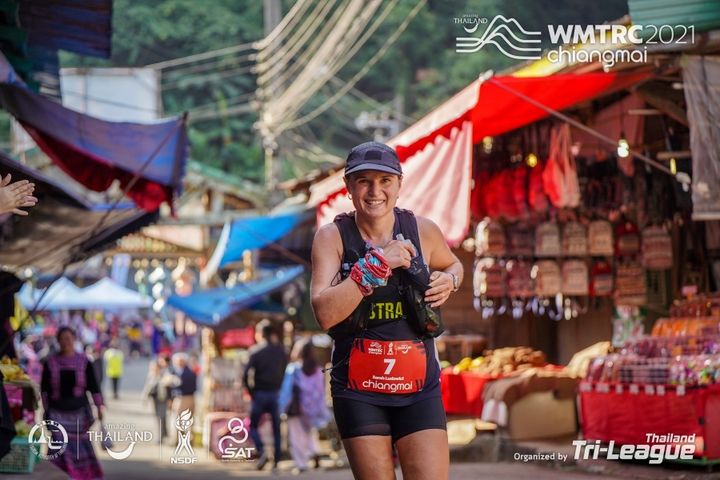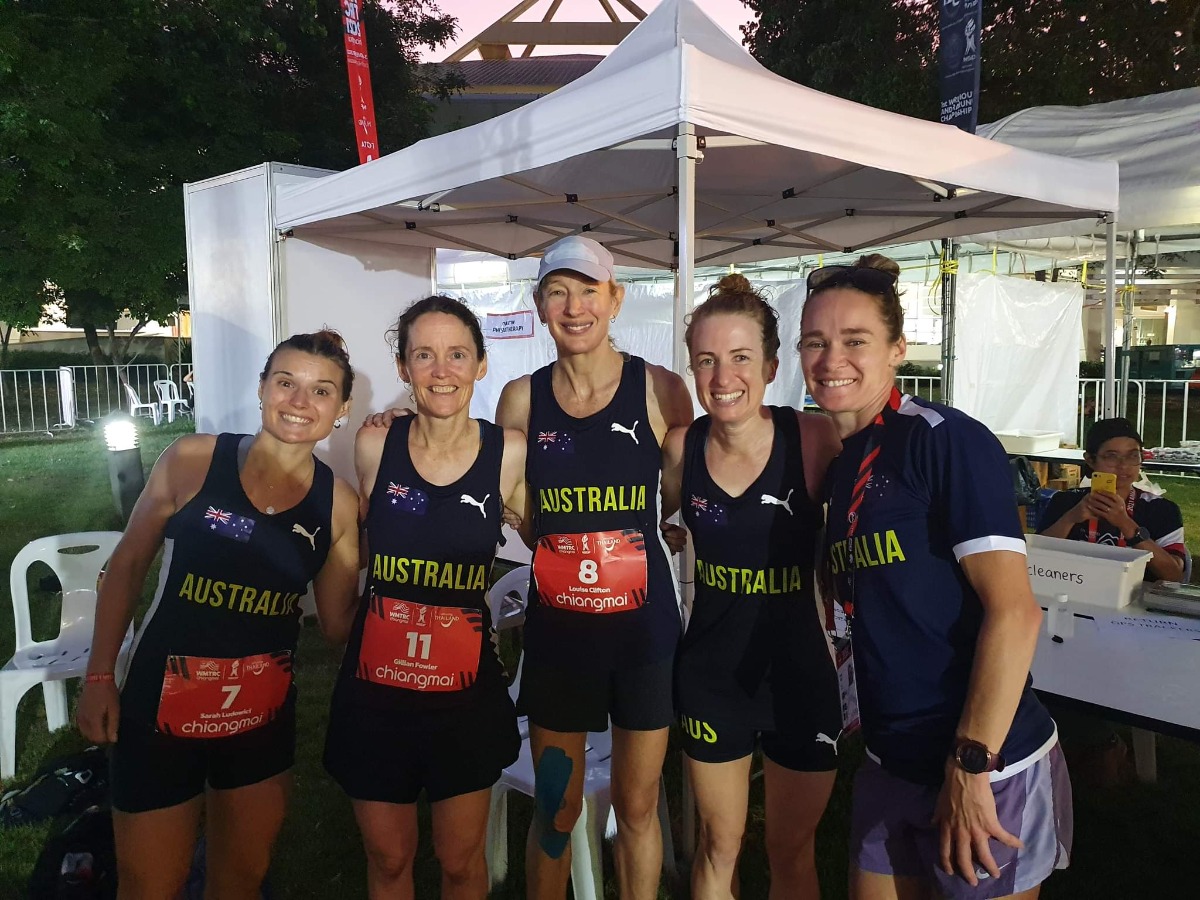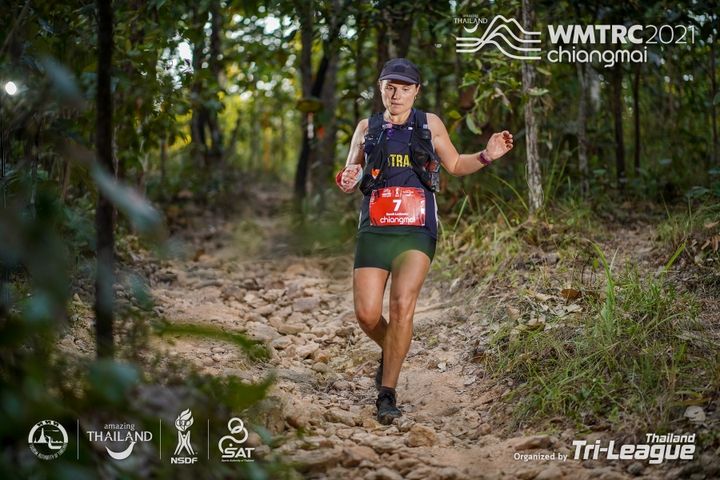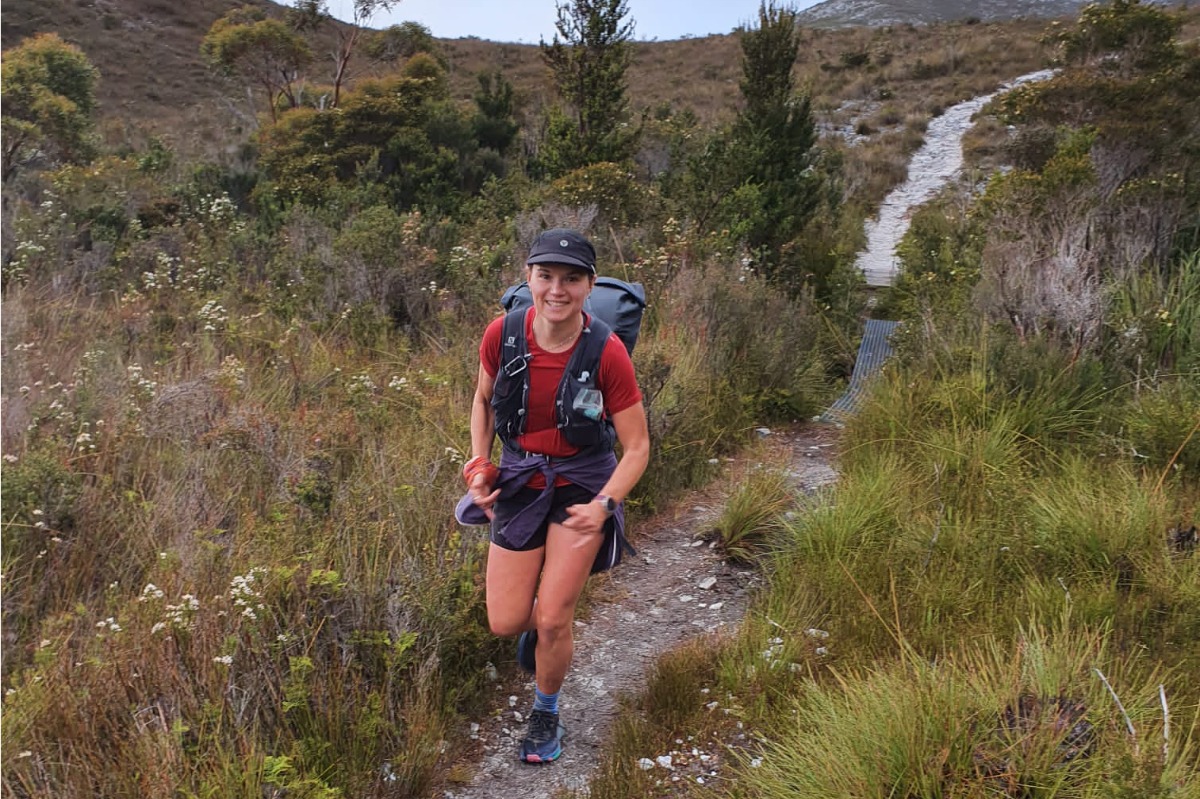11.11.2022 | Recycling & Race Recaps ♻️🇦🇺🏃🏻♀️
Nov 11, 2022 12:31 am
We protect what we love
FRIDAY . 11.11. 22.
Happy Friday, FWP community! We hope this finds you well and ready for a weekend filled with exploration, laughter and rest! It’s been splendid to finally have some spring weather across the East Coast this week, however with all of the long grass and sunshine, it's time to start packing the snake bandage for those long runs.
The FWP team have been out exploring, with Elle enjoying some well deserved ‘time off’ in lutriwita/Tasmania, filled with long days on the bike and spectacular views over the iconic Crater Lake at Cradle Mountain. Flick and myself are trading the trails for tubes, and learning to surf by committing surfing every day during November! Thankfully our cosy Patagonia wetsuits, purchased at 30% off thanks to our FWP Membership discount are keeping us toasty in the chilly Southern Ocean! As the saying goes… all the gear and no idea!
Adriel, Flick & Hilary looking very matchy-matchy in our Patagonia wetsuits!
Meanwhile in Nevada, Paige is trying to keep warm with the first snow falls of the season, and Lara is getting ready for skimo season.
This week, we are bringing you some recycling tips as it is National Recycling Week, as well as an update from the recent World Mountain & Trail Running Championships in Chiangmai, Thailand. Long time subscriber and wild places lover, Sarah Ludowici has taken the time to share some of her experiences with us, as she rests from an impressive run last week. Sarah is a Broome based trail and ultra runner, and represented Australia longside eight others in the Long Trail Open event. This is Sarah’s second time at the WMTRC, and we are stoked she could take the time to join us this week.
That’s enough from me, time to get into the good stuff! Grab yourself your snack of choice, sit back and read on!
NATIONAL RECYCLING WEEK
some tips & tricks to become a master recycler!
Happy recycling week, ya’ll! Since 1996, Planet Ark has been celebrating NRW, to educate and empower people to do the right thing when they’re at the bin. The program focuses on the waste hierarchy - reduce, reuse , recycling - to minimise strain on finite resources.
This week, as we celebrate NRW, I’m going to share with you a few handy resources I’ve come across over the years to help dispose of items that aren’t commonly recyclable.
Terracycle
With the tagline of ‘Recycle the unrecyclable’ Terracycle does an amazing job of turning items such as toothpaste tubes, razors, aerosols and my most detested item, the sticky discarded gel wrapper. Terracycle works best at scale - it might take you a lifetime to fill up a bin with toothpaste tubes or gel wrappers. Which is where community recycling depots come in - like this fantastic ‘Grow Free’ centre at a Community Centre near me. Here locals can deposit things like bread tags, milk bottle lids, blister packs and razors which are pooled to then be recycled via Terracycle. Alternatively, you can get a Zero Waste Box for your house (prices start at $275) and everything, from e-waste to clothing, coffee capsules and cups can go in there and be sorted at Terracycle for recycling. It’s great to see some Terracycle bins popping up at sporting events, for gel wrappers and the likes. We had one at Pilliga Ultra, which still needs another 11,567 wrappers to fill it up. We will persevere!
The wonderful GrowFree pantry and Terracycle deposit station in Deans Marsh, VIC
Upparel
This Melbourne-based business is the go-to for textiles and fabric recycling. Launched in 2020, Upparel’s mission is to eradicate textile waste from landfill. Upparel are a registered B Corp and have diverted over one million kilograms of textiles from landfill! The system is super easy to use - you simply pre-purchase a box online, and send it in to be reused or recycled. Upon arrival, textiles are sorted by quality, and all good quality items go to Upparel’s charity partners (op-shops etc). Poor quality items are broken down into ‘FillUP’, a fluffy, oversized lint type material that is then used in home insulation, pillows, couch cushions etc! Upparel also have a range of partners, so if you return your textiles via a partner, such as Boody, you’ll get vouchers in return!
I’ve used Upparel a bunch of times, and love it, as I know that good quality clothes will be reused, and worn-out stuff, such as old bed sheets or fabric offcuts from sewing projects will be broken down and reused. Next time you’ve got a load of clothes or textiles to get rid of, give Upparel a try!
Curby
I’ve just come across this NSW Central Coast organisation, after getting lost in the comments section after the news that RedCycle has been stockpiling our soft plastics in warehouses, as they seek further funding to keep up with demand to recycle them. The Curby Program was created to recycle targeted materials at home using the existing yellow bin. All you have to do is download the Curby app, register, and you will be sent QR stickers, or ‘CurbyTags’.. Once your bag is full of say, soft plastics, you pop the ‘CurbyTag’ sticker on the bag and chuck it into your yellow bin. Partnering councils are then able to sort the items at the waste management centre. It’s only available in x4 NSW LGA’s at this stage, but hopefully Curby the Planet’s Friendly Bilby is ready for nation-wide domination!
If you have any other good recycling tips, we’d love to hear them! There is no doubt a lot of work to be done when it comes to creating circular systems for what we wear and consume, but let’s not perfection be the enemy of good. Whether it’s utilizing Patagonia’s ‘Worn Wear’ service, or trading clothes with friends, buying from Facebook Marketplace or just making do with what you have, if we all consume a bit more thoughtfully, we’ll need less resources and in turn can use less water, cotton, wood, oil etc. Check out our IG stories to give us any ideas you have as to good recycling systems - we’d love to hear from you!
♻️ 💚 ♻️
WMTRC Q&A: Sarah Ludowici
Hot, sweaty & hilly in Thailand
Sarah at the WMTRC in Chiangmai, Thailand
Welcome to the FWP Newsletter, Sarah Ludowici! I first came across Sarah at my first ever ultra event (The Archie, 2020) as she put in an inspiring performance, so I promptly followed her on Strava, keen to learn more about what training was involved to perform at her level. After seeing her incredible performance at the recent World Mountain & Trail Running Championships, I was keen to hear more from Sarah, so took my Strava stalking to the next level and slid into her DM’s! I was stoked to hear that Sarah has been a FWP subcrier for some time, and is a passionate wild places advocate.
By day, Sarah is an Exercise Physiologist working in the Kimberley, where she services two remote indigenouc communities with healthy lifestyle and exercise based programs. This is a relatively new role, with plenty of learnings, but aligns perfectly with Sarah’s passion for addressing the injustices that continue to persist in these communities. In her spare time (!!) Sarah coaches a few athletes through Endurance Edge and explores Cable Beach with her two dogs… as well as training, of course! Sarah started running about 10 years ago at the Sydney half marathon, and like all future ultra runners, was hooked! Running and work feed into one another, as her daily work encourages people to be uncomfortable and to make change, and ultra running is Sarah’s way of challenging herself.
Sarah sees trail running as a means of building connection with the self, community and nature, which in turn, she hopes will see more people willing to protect it. I can’t agree more with this quote from Sarah ‘Our mind, body and the environment are all connected and trail running is the perfect way to unite these things and explore them’.
With those wise words, let’s kick into the Q&A!
HM: What exactly are the World Mountain & Trail Running Championships? How often are they, and how do athletes get selected to represent team Australia?
SL: The World Mountain and Trail Running Championships are two previous separate events that have come together as an internationally sanctioned race that occurs every second year. The event is a partnership between the World Mountain Running Association, International Association of Ultrarunners and the International Trail Running Association. This Thailand event was postponed from 2021 due to covid so the next event is June next year in Austria! Athletes get selected in all different ways depending on their Country. In Australia, you apply for your specific event and in a sense put forward your racing resume. Applications are assessed by a selection committee which then selects the team.
Team Australia in the Women's Open Long Trail Race
HM: This is your second appearance at the World Mountain & Trail Running Championships - what lessons from your previous experience in Portugal in 2021?
SL: There are so many learnings from Portugal of which I feel I nailed this time round. At Portugal, my approach was simply to not come last, but that mindset impacted my capacity to perform. I learnt that I am needed to go in with a champion mindset and believe that I just as much as anyone else had the opportunity to perform. The second learning was about cultivating an inner calm. Usually, in my races I get lots of natural flow and alone time however that wasn't the case in Portugal. Going into Thailand I wanted to cultivate that stillness despite what was going on around me. I usually do this through mantras and anchors (maybe counting, saying simple phrases on repeat etc). I practice this skill daily in my meditation practice.
How much notice did you get that you were on the team, and how did this fit into your training schedule? It seems that the team was announced on 11th October, less than a month until go time in Thailand!
It was a quick turnaround! Fortunately, I was gearing up for UTA100 only a week before so it was not a big change in my training. I can't actually remember the time frame but it was probably around 6-8 week's notice.
You were in the Long Trail (80km) event, which had an impressive 4,300m elevation gain! How was your race? Judging by the photos, it looked pretty humid!
It turned out to be 5000+m of elevation so it was brutal. In short, I had a great race, there is not anything I really would have done differently. The first 50km was so much fun. After the initial climb and first time through the team aid station, we were treated with comparatively rolling hills, past villages, tall banana palms, farming, rivers and jungle. This was followed by a brutal 8km descent and 1300m climb. Most people suffered here! It was certainly harder to find a rhythm in this section but one step at a time gets you there. The final 13km descent was technical and long.
Given the quads were smashed it was a matter of simply staying upright and fortunately for me no stacks! The weather was not as bad as we were expecting. So much of the track was shaded which kept us cool but there was lots of sweating involved. Training in Broome certainly prepared me well for it- it was cool by comparison.
Broome, WA is where you call home. What are your favourite local trails?
There are virtually no trails in Broome. It is hot, sandy and very flat. Lots of the back roads are red dirt, so these would be some of the trails I run. We have one 5km trail which runs parallel to the sand dunes so I run here and along the beach a lot. Before a big race, I try to coordinate a week in Sydney to get to the Blue Mountains. There is an 80km trail on Broome called the Lurijari Trail, which traverses an Aboriginal song line. I run sections of this combined with other 4wd tracks. It's not the typical mountains, and tall green trees you imagine. They have a different kind of magic!
Sarah fastpacking the South Coast Track in lutriwita
How do you go balancing your athletic performance and prepare for big races like this, versus being present on the trails and spending time in wild places? Are the two interconnected, or quite separate?
I believe the two are interconnected. The best athletic performance comes from those who take so much more than external validation of athletic success. The internal joy, playfulness, connection that you get from trail running, and the community often brings the best results. By harnessing mindfulness and presence in these truly wildly special places we realize our own insignificance, our privilege, and our choice, which leaves me feeling empowered to detach from the result and simply be.
And finally, through your experience at various events and exploring trails across Australia and beyond, what are some ways you think trail runners, or the industry, can be more proactive in helping protect the wild places we love to explore?
There has already been such great progressions in the sport with the elimination of single-use plastic cups at aid stations, race directors who integrate caring for Country in the sport (Eg. Transcend Ultra with 5 bits of rubbish for mandatory gear and the whole ethos of takayna trail), and consideration of the product lifecycle in Tarkine shoes. I would absolutely love to see more shoes following in the steps of Tarkine and reusable gels of some form as two of the biggest consumables in the sport. I have used these in the past and would like to see this be the norm. There is still room to move on sourcing sustainably and ethically made running wear however it is becoming easier.
From an industry perspective, races should donate a certain percent of profits to the lands in which races are held or something along the lines of 1% for the planet. Almost as a payment to the land and ecosystems in which we traverse. And beyond the trails, I encourage individuals to translate that into the day to day. If you love these trails, we need to protect them. We need to have a want for less. Less gear, less product. When we do choose to purchase we need to consider where that dollar is heading. I really value organisations such as Patagonia who make decisions based on social and environmental impacts and make decisions based on this impact.
Anything else you'd like to add?
The only other thing I like to add is to acknowledge my privilege in all of this. Exercise is a privilege, and to spend money on ethical products is a privilege. I would like to acknowledge the traditional owners of the land in which I spend a lot of time running, presently Yawuru country and when working remote Karajarri country.
Thank you Sarah for taking the time to share some of your experiences with the FWP Community! If you’d like to follow Sarah, you can check her out on Strava or Instagram. All the best for the next few sweaty months in Broome Sarah, and we look forward to sharing some trails hopefully soon!
🇦🇺 🏃🏼♀️ 🇦🇺
That's all from us today, folks! It was another whopper this week, so thank you for taking the time to engage! Don't forget, we have Trail Chat #6 this Wednesday 16th November with Erchana Murray-Bartlett, who will join us after her morning marathon! If you'd like to join us, please RSVP via this link, and we will see you at 1pm AEDST from the outskirts of Brisbane!
Until next time, keep it stoked and plastic free out on the trails and as always, thank you for taking the time, for wild places. ✌🏽
Hilary & the For Wild Places team
UPCOMING EVENTS
16/11 Trail Chat with Erchana Murray-Bartlett | register
20/11 Great Forest Trail Marathon, Healsville | register
11/02 Trail First Aid Course, Arthurs Seat | register
25/02 takyana Trail, Waratah, Tasmania | register
We acknowledge the the First Nations people who have been custodians of land, waters and culture for tens of thousands of years. We pay respects to First Nations Elders past, present and emerging.
This email was written on Wadawurrung Country, of the Kulin Nation. To these people, we pay our respects.
Always was, always will be.
